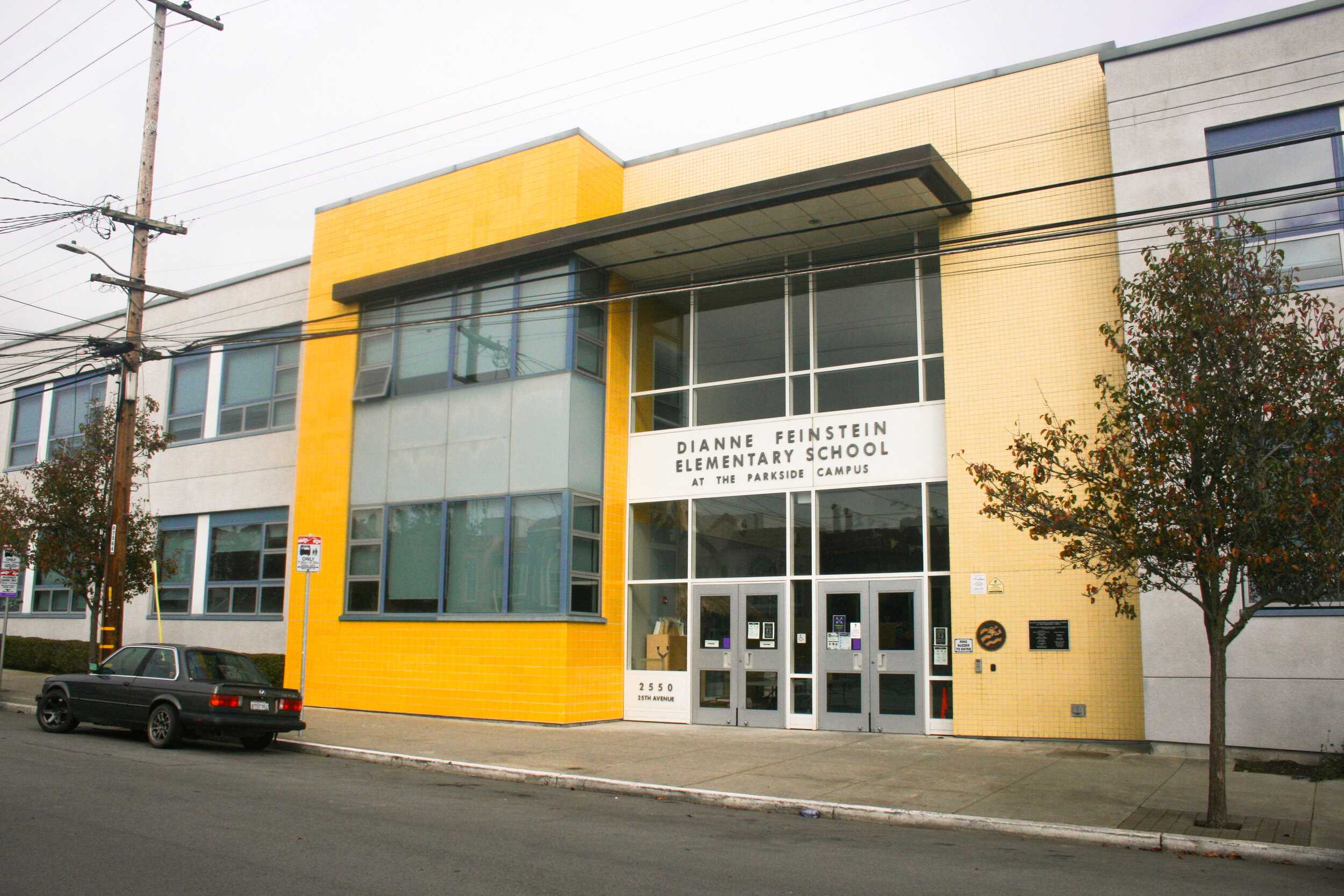During the last week of January, the San Francisco Board of Education decided to “erase” the names of 44 schools in San Francisco, in a 6-1 vote. The board controversially voted to delete the names of anyone “who engaged in the subjugation and enslavement of human beings; or who oppressed women, inhibiting societal progress; or whose actions led to genocide; or who otherwise significantly diminished the opportunities of those among us to the right to life, liberty, and the pursuit of happiness.”
Some of the schools to be renamed include schools with the namesakes of George Washington, Abraham Lincoln, and Dianne Feinstein. Other schools that may be renamed include : Thomas Jefferson, Herbert Hoover, John Muir, and James Madison.
According to an article titled “The Debate Over San Francisco’s School Names” from the New York Times, the decision received criticism for being performative, for placing a strain on the already depleted budget of the San Francisco school system, and for being overly critical of historical figures.
One controversial figure on the list of schools to be renamed is Abraham Lincoln, whose name was taken from schools due to his role in the execution of 38 members of the Sioux tribe.
Another figure on the list was former California Senator Dianne Feinstein. She was the first woman to hold the office of mayor in San Francisco, but was ultimately on the list of schools to be renamed because of an incident in 1984 in which a Confederate flag that was vandalized in front of City Hall was reinstalled during her term as mayor.
A San Francisco resident interviewed for the New York Times called the decision “embarrassing,” and “a caricature of what people think liberals in San Francisco do.”
In a similar vein of criticism, Mayor London Breed criticized the Board of Education for making this decision at a time when they should be focused on conversations regarding plans to return to in person-instruction.
She went on to say “Let’s bring the same urgency and focus on getting our kids back in the classroom, and then we can have that longer conversation about the future of school names.”
Janet Hess, professor of Native American studies in the Hutchins School of Liberal Studies at Sonoma State, “[the renaming of schools should be] consistently coupled with broader institutional change, such as teaching culture and history in the voices of, and from the perspectives of, individuals whose ancestors were oppressed or who themselves experience oppression today.”
Hess still remains hopeful that “those who attend renamed schools are taught to question the systemic racism that permeates the U.S., and that students and faculty use the opportunity to advocate for extending the voices of marginalized individuals.”
The research that determined which schools met the criteria needed to be renamed was done by a volunteer committee for the San Francisco Board of Education. The historical accuracy of this process was criticized in an article for The Atlantic for using non-credible sources, and being overly-critical of historical figures.
The spreadsheet used by the committee to document the research process is available to the public; in this document, each school name is listed, as well as the reasons for the decision to rename it, and the sources used for the research.
Sources used to research each historical figure that the SF schools were named after, range from the History Channel website, to Wikipedia. This is seen by many historians as a non-credible source for information.
Kat Rodriguez, a History student at Sonoma State said that even as a student she’s been told not to use Wikipedia by multiple professors in the history department because “Anyone can edit websites like Wikipedia and they aren’t all editing these pages for the betterment of others.”
Hess said “I don’t think consensus on removing their names will be achieved, but if San Francisco’s actions lead to the naming of institutions after heroic women of color, and after other prominent individuals who have advanced the cause of social justice, that’s a desirable goal.”
She also added “Architecture changes; human language changes; social awareness increases. Why should we not attach the names of enlightened individuals, rather than oppressive individuals or corporate institutions, to our buildings?”
As of now, there is no word yet on how the new names will be chosen; however, the San Francisco Board of Education plans to rename them by April of this year.





![[Both photos courtesy of sonoma.edu]
Ming-Ting Mike Lee stepped in as the new SSU president following Sakakis resignation in July 2022](https://sonomastatestar.com/wp-content/uploads/2024/04/CC4520AB-22A7-41B2-9F6F-2A2D5F76A28C-1200x1200.jpeg)


























